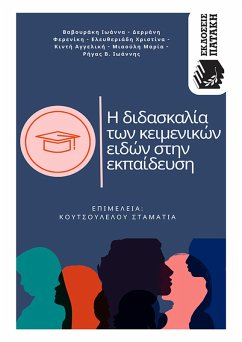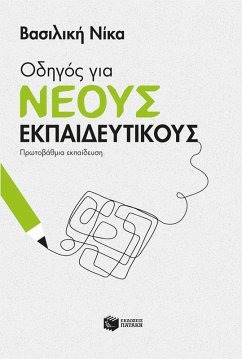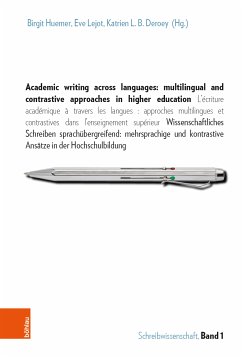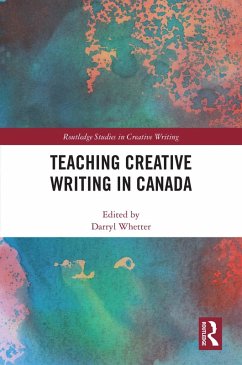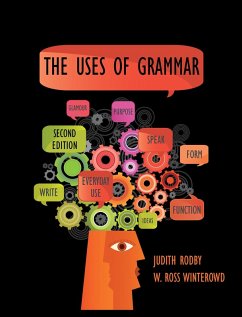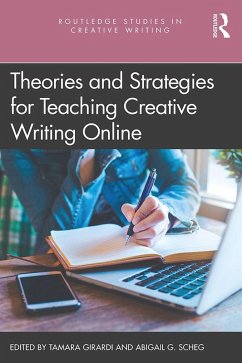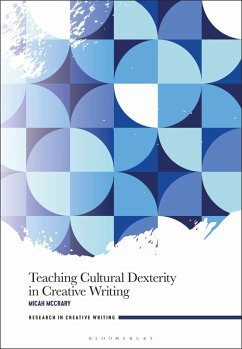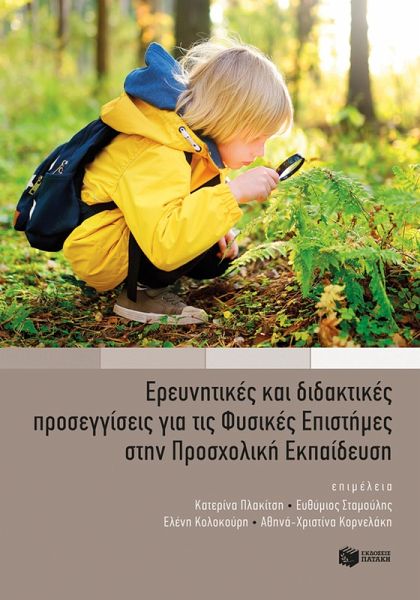
Research and teaching approaches for Natural Sciences in Preschool Education (eBook, PDF)

PAYBACK Punkte
0 °P sammeln!
Contemporary approaches in research and teaching of Natural Sciences in preschool age focus on experiential and exploratory learning experiences that enhance curiosity, critical thinking, and love for science. Educators leverage interdisciplinary approaches such as STEAM to provide a holistic approach that encourages young learners to explore and apply their scientific knowledge. A modern tool in the interdisciplinary approach is educational robotics, offering a hands-on and engaging platform for children to cultivate fundamental concepts of mechanics, logical reasoning, and computational thin...
Contemporary approaches in research and teaching of Natural Sciences in preschool age focus on experiential and exploratory learning experiences that enhance curiosity, critical thinking, and love for science. Educators leverage interdisciplinary approaches such as STEAM to provide a holistic approach that encourages young learners to explore and apply their scientific knowledge. A modern tool in the interdisciplinary approach is educational robotics, offering a hands-on and engaging platform for children to cultivate fundamental concepts of mechanics, logical reasoning, and computational thinking. Furthermore, the integration of arts and creativity within the STEAM education framework allows children to express their ideas in diverse ways. The incorporation of these elements nurtures children's imagination and promotes a broader understanding of the interconnection between different scientific disciplines. Educational activities in non-traditional learning spaces, such as museums, also move in the same direction. In these spaces, students come into contact with interactive exhibits and educational programs tailored to their age. Equally important in preschool education is environmental education and sustainability, through which students develop a holistic understanding of the interdependence between human society and nature, enabling them to become agents of positive change with a vision for a sustainable future. Therefore, contemporary approaches in science education for preschoolers provide a solid foundation for scientific literacy and lifelong learning, preparing children for the challenges of the 21st century
Dieser Download kann aus rechtlichen Gründen nur mit Rechnungsadresse in A, B, BG, CY, CZ, D, DK, EW, E, FIN, F, GR, H, IRL, I, LT, L, LR, M, NL, PL, P, R, S, SLO, SK ausgeliefert werden.




